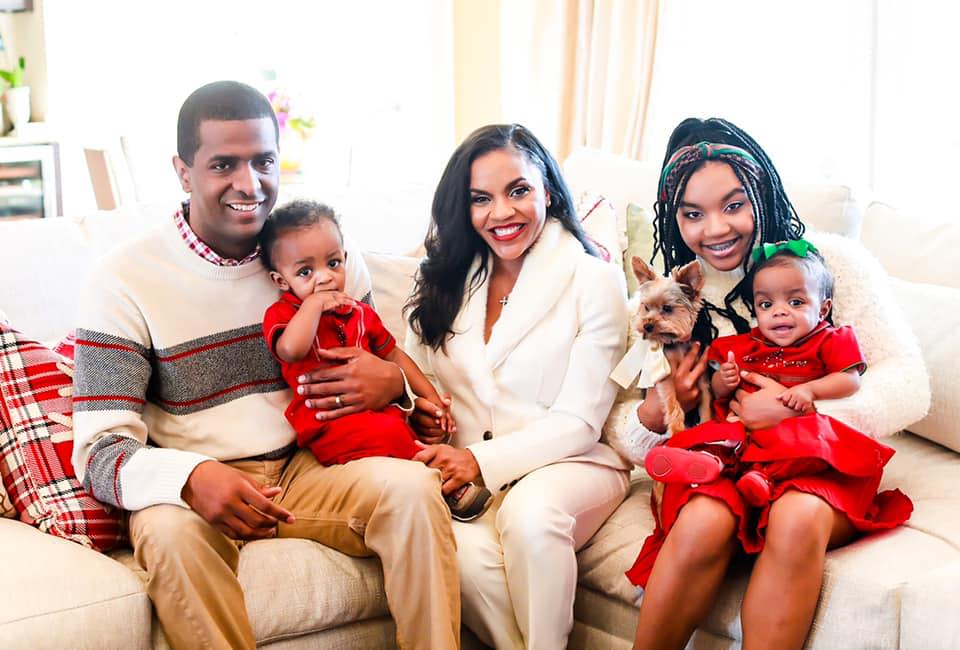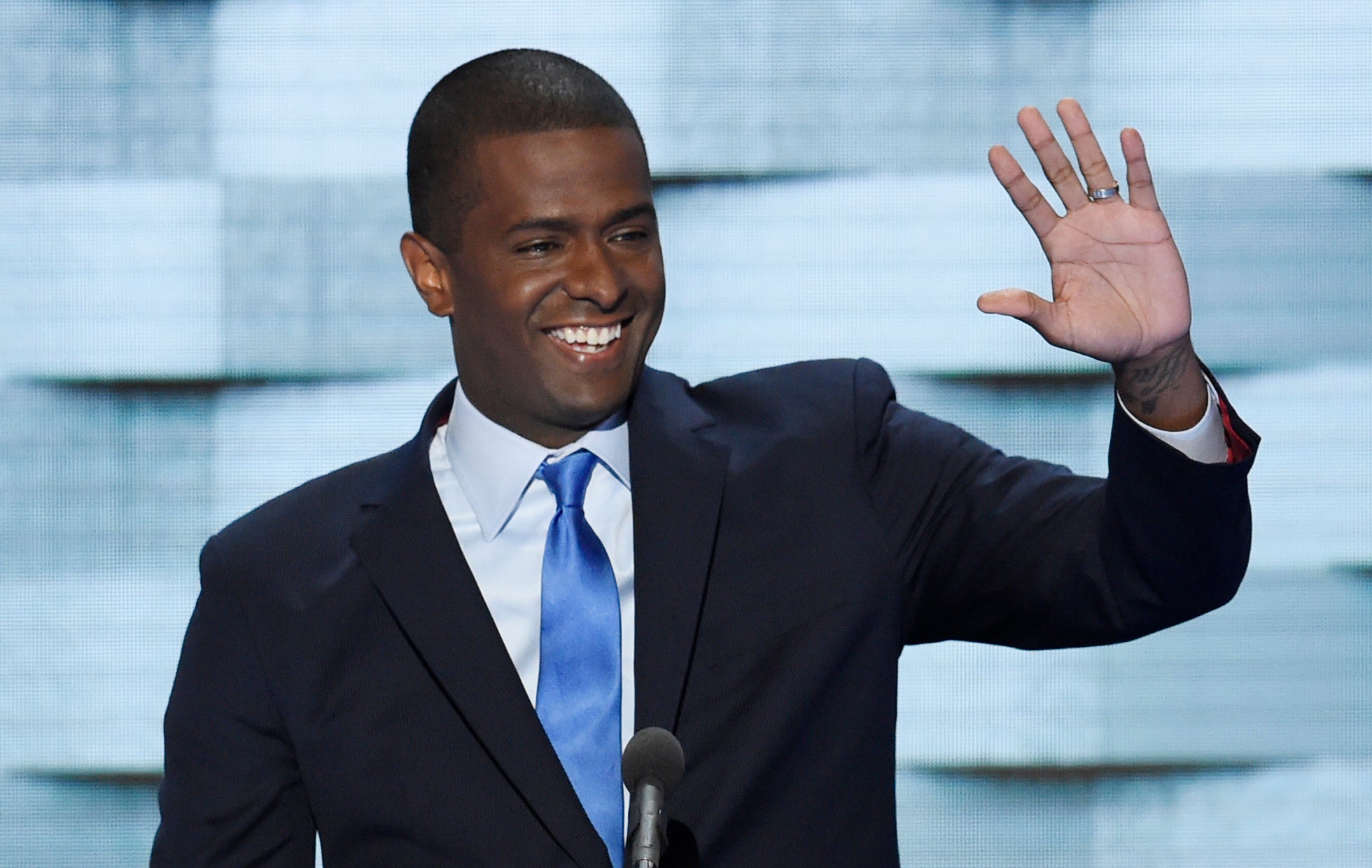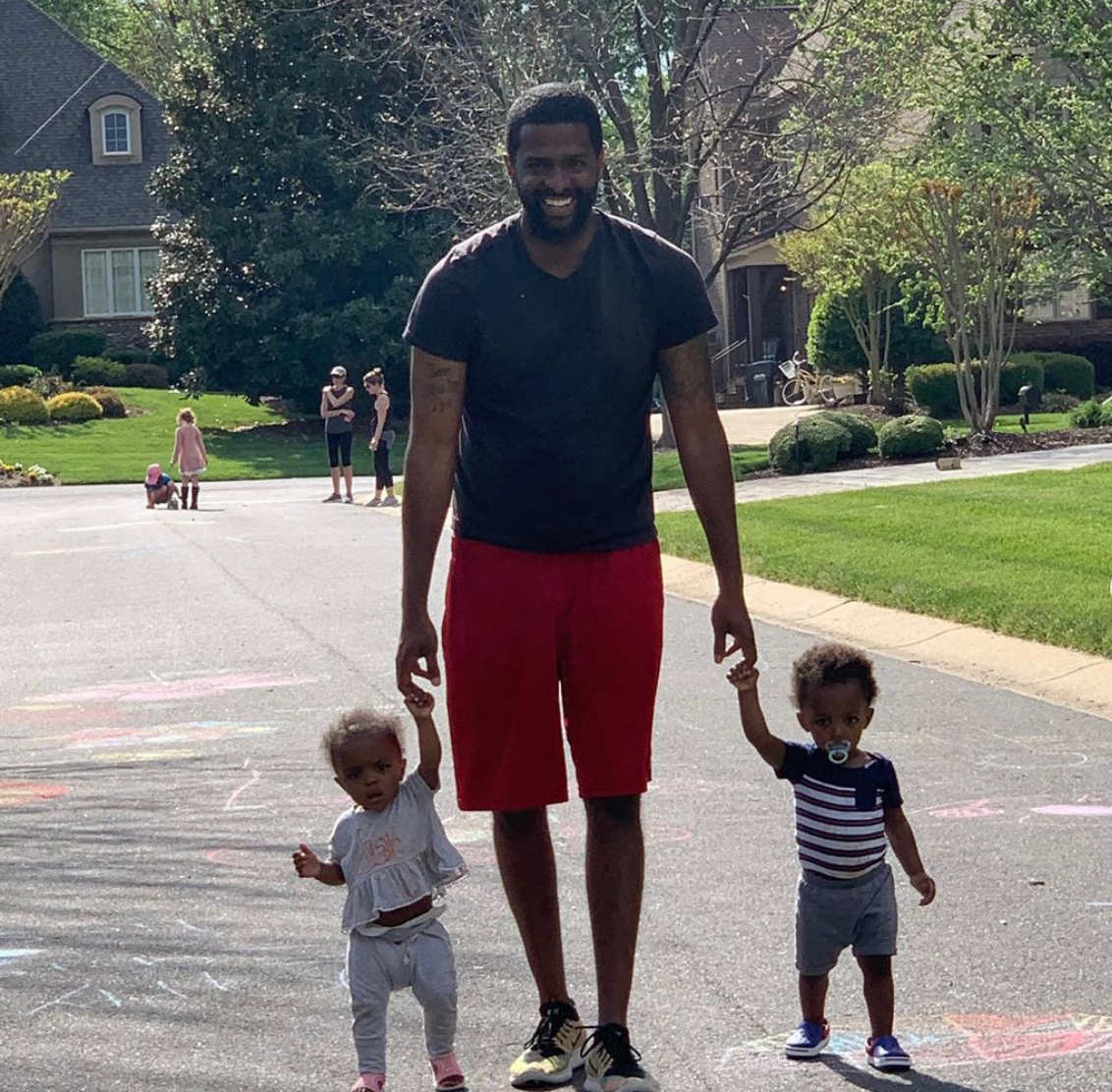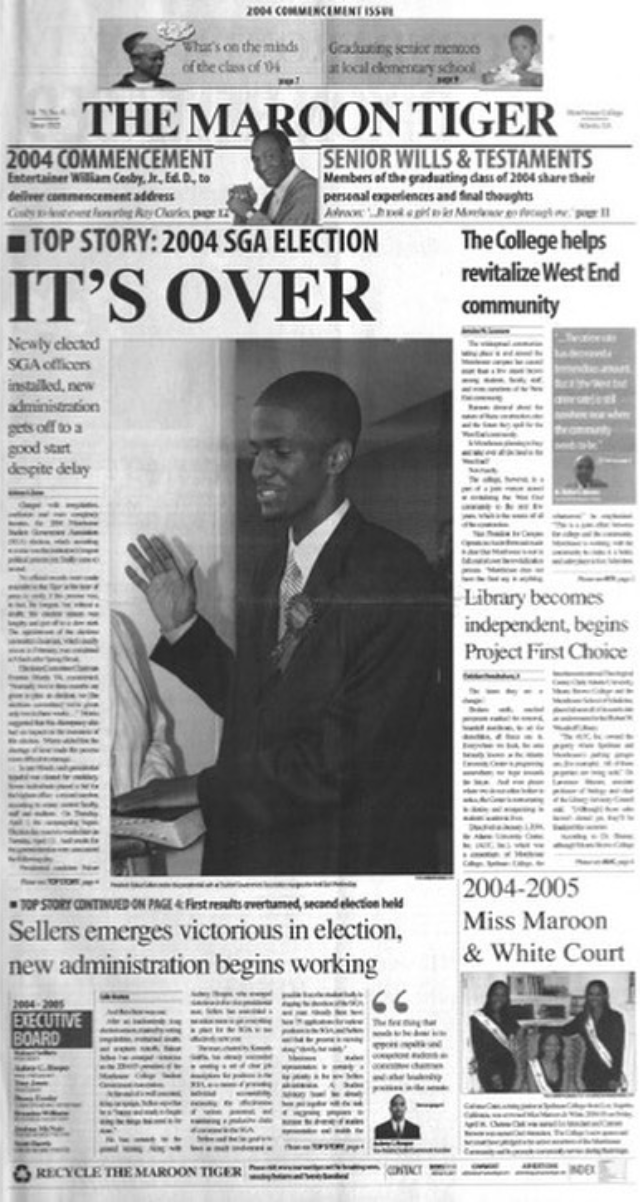
“My father was the president of Voorhees College, an HBCU, and my mom used to teach at Bennett,” Bakari Sellers tells ESSENCE. “I claim a lot of different HBCUs, although Morehouse, my alma mater, is the one that I love dearly.”
For those who’ve come to know Sellers as a sophisticated source for political commentary, a man with an astute propensity for assessing Trump’s BS with the precision of your favorite Black barber’s favorite barber, it’s no surprise that the 35-year-old South Carolina native is the product of Morehouse College.
“It was the aura of excellence, and it was the leadership cultivation process,” Sellers says of what drew him to the maroon and white. “ I really felt like I could go to Morehouse and graduate and be something great because that’s what they expected.”

The Atlanta institution known for producing some of the finest Black male leaders the world has ever known—Martin Luther King, Jr., Maynard Jackson, Julian Bond, John Hopps to name a few—is as revered for its accomplished alumni as it is for its ongoing commitment to nurturing strong Black men. Sellers says he first fell in love with the idea of joining its distinguished ranks on a visit to the campus with his older brother. “It was about ’97, ’98,” he ventures to guess.
Growing up on the yard of a number of HBCUs, Sellers knew the family tradition of attending a Black college was one he wanted to uphold. Not only was his father a graduate of Howard University, but Clevelend Sellers also remains an iconic figure in HBCU history. “My father was actually shot on the campus of South Carolina State on February 8, 1968, with other students from the college who were protesting.” In the history books the event is known as the Orangeburg Massacre, and though the younger Sellers was not alive to know the day intimately, the stories his father shared and the respect that his parents held for HBCUs innately shaped his own.
“My kids, when they grow up, they can go to any college they want to go to in the entire country,” the dad of twins Sadie and Stokely affirms, “as long as it’s an HBCU.”

One might say that the Black college experience is linked to the political commentator’s DNA, but when Sellers attended Morehouse he made sure to make the time his own. Going from Denmark, South Carolina, which he describes as having three stoplights and a blinking light, to then being exposed to the diversity of Morehouse, forced the former big fish in a small pond to realize that standing out among Black excellence would take more determination than he had previously known.
“There’s a level of expectation there that is greater than most within our community,” Sellers asserts. “To paraphrase a Benjamin Mays quote, ‘In all the things that you do, do them so well that no man living, dead, or yet to be born can do them better.’ That level of expectation has allowed me to compete with absolutely anybody in the world.”
Before Sellers became the youngest African-American elected official in the country at 22, he sharpened his knack for competing in the halls of Morehouse. Winning SGA president showed him how to garner votes, while leading the Morehouse student body prepared him for the chapters that dawned in the aftermath.
But it wasn’t just studying and politicking for the astute academic. Like most Black college alums, Sellers has memories of the fun times as well. “When I was SGA president I had a concert that almost got me kicked out of school,” Sellers recalls. “You got to be really cautious with these Black college homecoming concerts and fashion shows. They can get a little out of hand. I had Bobby Valentino perform “Slow Down,” and let’s just say I almost didn’t make it to the graduating stage.”

Outside of talking his way out of a potential college-ending homecoming, Sellers says Morehouse taught him how to be a man in society, how to uplift his community, how to be respectful, carry himself with dignity and be vulnerable when necessary. “During these times, it’s so pressure-packed. It’s your normal everyday life, family, raising kids, work, student loans. Then you layer that with the politics of the moment,” Sellers states. “Morehouse just instills in you the foundation you need to not be broken by this environment that can easily break you.”
On that note, the author of My Vanishing Country: A Memoir, out next week, says he’s particularly thankful for the friendships he acquired while matriculating on his Atlanta campus. “I cherish those friendships because people see you on TV, they vote for you in politics, they see you run races, but I don’t think sometimes they know who you truly are, and those friends, they humble you when you need humbling, and they lift you up when you need lifting up.”
For the lifelong friendships that they bring and the fundamental foundation they provide, Sellers says he looks forward to the day his now 1-year-old twins will enter the gates of what he calls the “epicenter for Black learning.” Morehouse taught him that whether it be Hampton or Howard, Spelman or Bennett, the college that’s their best choice and their only choice should be an HBCU.
—
In wake of the COVID-19 crisis, a coalition of HBCU leaders, advocacy organizations, and corporate partners have come together to host the National HBCU Commencement Celebration. The virtual celebration will be streamed live from ESSENCE Studios on Saturday, May 16, 2020, and will feature celebrity hosts, motivational speakers, musical performances, and the profiles of HBCU valedictorians and other graduates.